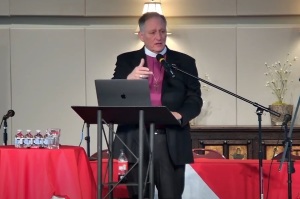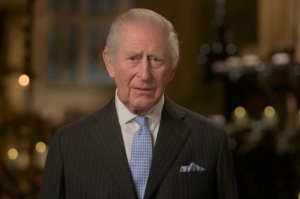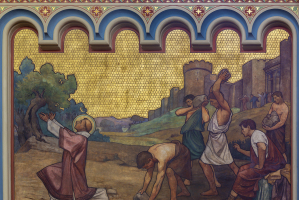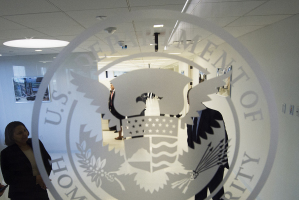Why Racial Reconciliation Is More Than Holding Hands and Singing Kumbaya
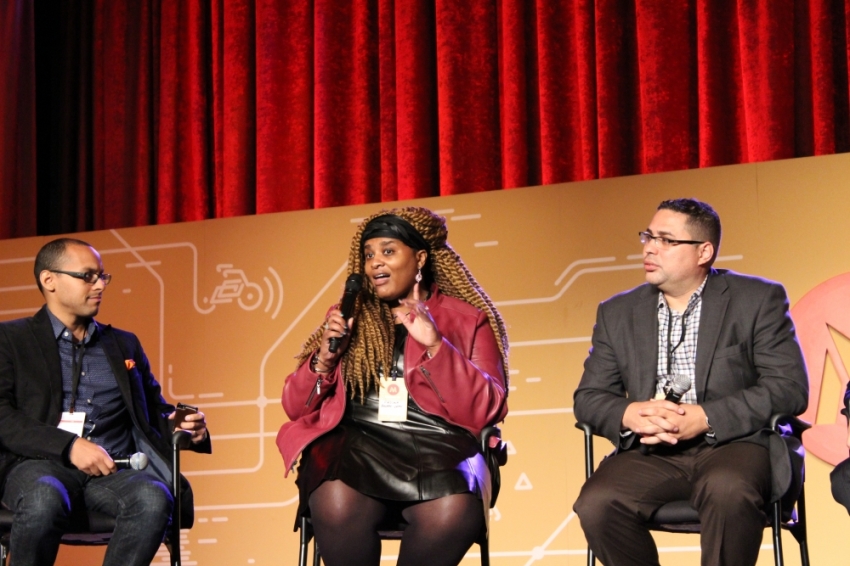
"I think people feel because they are hanging out together that there is a peace and everything is good," she said. "People confuse compliance and agreement. And quite often in communities where people are working together they don't think about their own power. So I am going to agree with you and comply because you have something on me."
"We get that confused in communities. We do not pay attention to the dynamics of power and privilege when we talk about race. People need to own their own power and recognize the privilege that they bring to the conversation," she said.
"There is a term in African-American feminism called intersectionality which basically looks at the different pieces that makes you a person. … I think we don't listen in communities," she said.
"We automatically make judgements about people without listening to the stories and narratives, and that's one of the things that I've learned. We do not listen to people. We just make sweeping generalizations without really getting to know those intersections," she explained.
"When we begin to discover that (intersections) we see that we have a lot of difference but we have a lot of things in common.
"I am always in awe when people say to me, 'They are lazy and they're poor.' Who wakes up and says 'I want to be hungry today. I love not having anything. This is great.' Who does that?" she said to chuckles.
"That's just craziness. All of us want things for our families, for our children and if we begin to understand that, our own stories, our own narratives, we can make some things happen," noted Booker-Drew.
In his parting advice to Evangelicals on racial reconciliation, Jao agreed that it was time to start listening.
"Evangelicals … we're not known for Kingdom living. Maybe because we have spent so much time defining ourselves doctrinally as being correct, we have a hard time admitting what we don't know. So one thing I think we have to commit ourselves to is learning and listening to voices that we disagree with but with a hermeneutic of grace," he said.
"Go find somebody different than yourself and burden them with your ignorance. Tell them how it feels. Let me suggest that books are a fantastic way. You have to read Ta-Nehisi Coates to hear a little bit of the current African-American voice," he added.
Listen to the complete conversation below:















